
BATTLING HUNGER IN GAZA: The Mission Continues!
Over the last few days, we have successfully distributed 918 bread packs to displaced

Over the last few days, we have successfully distributed 918 bread packs to displaced
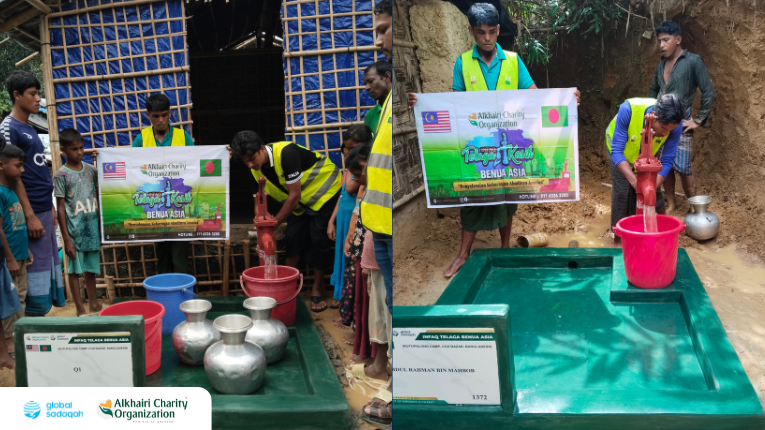
In a country where over 73 million people still use contaminated water, and where
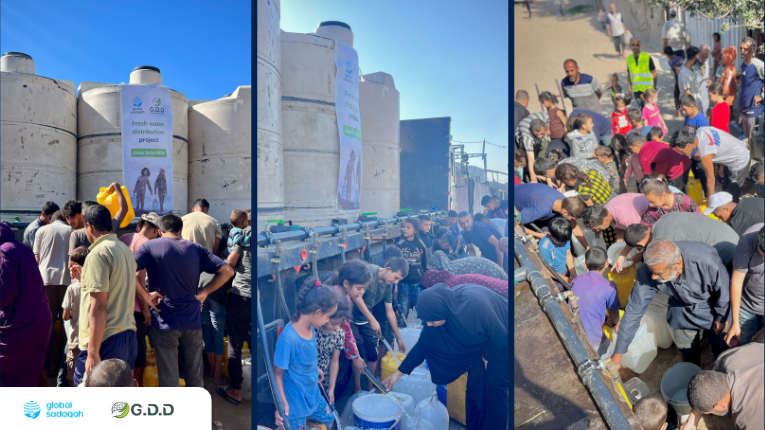
The ceasefire in Gaza is quite shaky, but aid trucks are still managing to

We are reaching out with hearts full of gratitude and joyous news from Yemen.
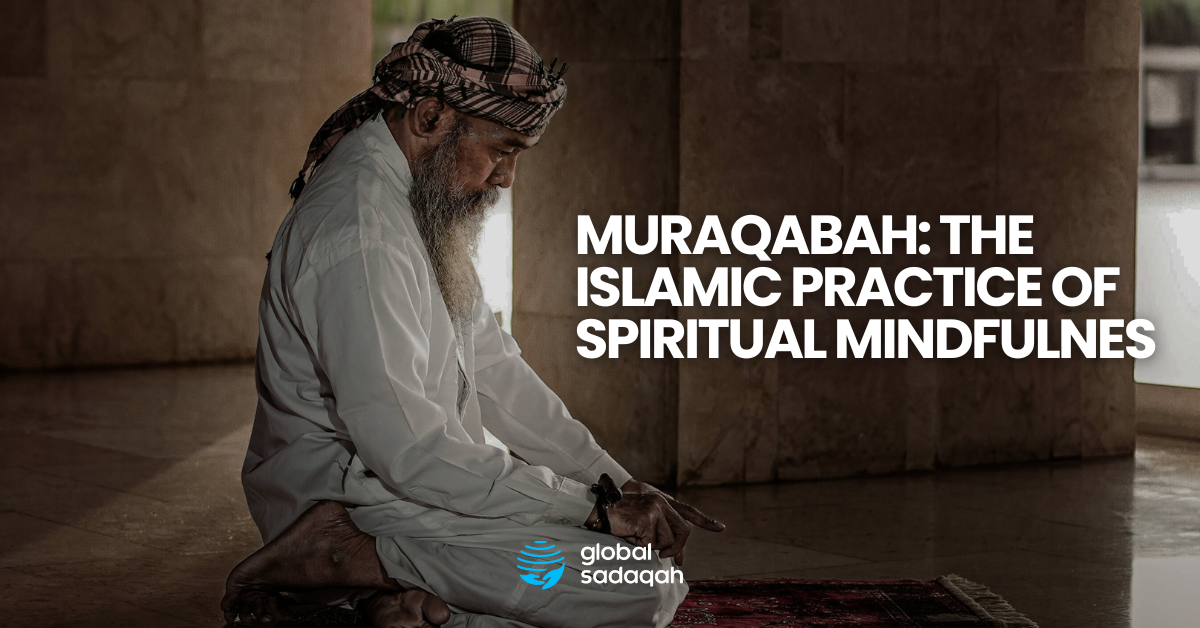
The Heart of Ihsan: Cultivating God-Consciousness In the pursuit of spiritual excellence in Islam,
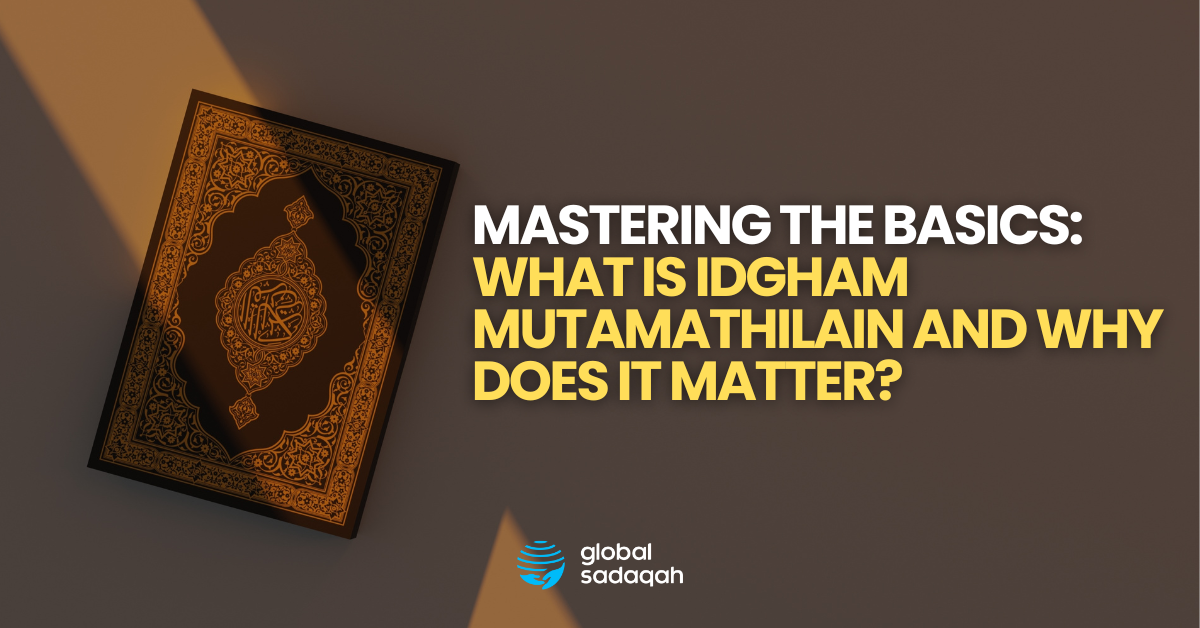
The Foundation of Beautiful Recitation: Understanding Tajweed The Quran is not just a book
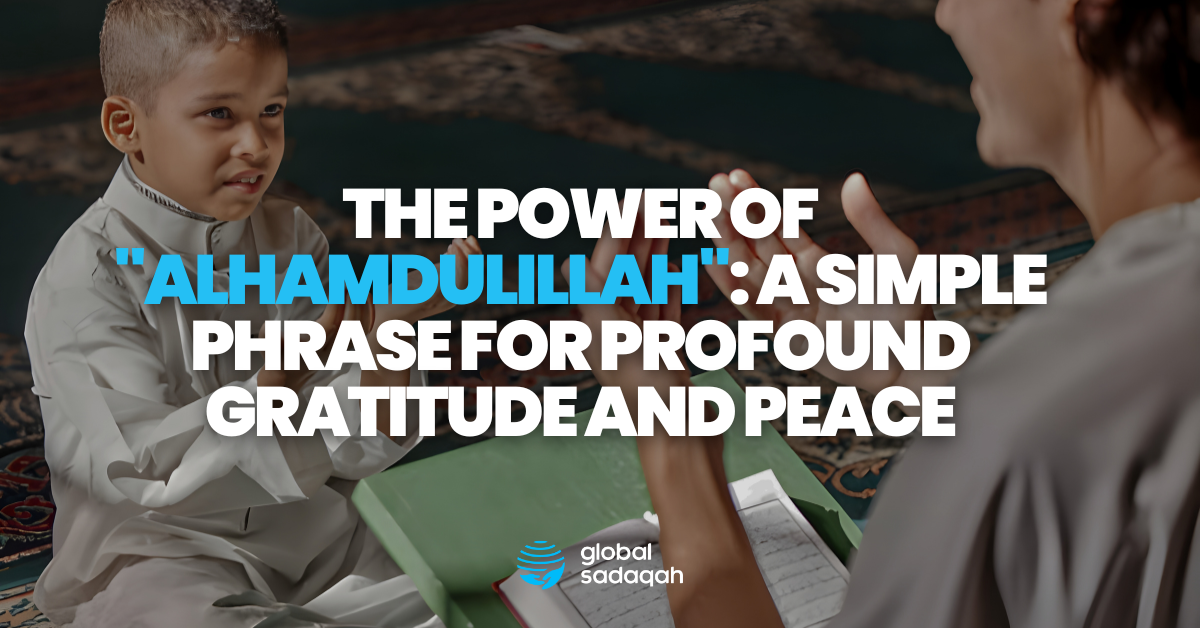
In the constant, high-speed current of modern life, it is incredibly easy to feel

Assalamualaikum, In Pahang, flood conditions in Rompin have improved, with the number of affected victims reduced to 2,575 people. While the water recedes, the real struggle for thousands begins now as they return to homes damaged by the disaster. Alhamdulillah, with the support of our strategic partners on the ground, Iltizam Relief Society has successfully
Modern Muslim conversations about economics and entrepreneurship often begin with the same frustration: “We need Islamic systems—Islamic banking, Islamic venture capital, Islamic financial infrastructures—before we can do anything meaningful.” But this logic has always been backwards. Great systems do not appear spontaneously. They emerge from the soil of culture, ethics, and mindset. Before institutions change,

Babies in Gaza are dying of hunger.And their mothers can no longer feed them. Milk has disappeared. Food is scarce. Mothers are severely malnourished.The situation is so critical that babies are dying—not because of bombs, but because of hunger. Mothers hold their children in their arms, helplessly watching them weaken, knowing their bodies can no longer produce

Campaign Overview Right now in Taiz, Yemen, many families wake up every single day with the same painful question:“Will we eat today?” Food prices have skyrocketed, jobs have disappeared, and the ongoing war has turned even the most basic meal into a rare privilege. Parents are forced to watch their children cry from hunger, not knowing

The crisis is escalating: nearly every person in Gaza needs urgent humanitarian assistance, with 1.9 million Palestinians displaced (approx. 90% of the population). The wounded toll is now over 118,000, and 1.5 million people desperately need new shelter. A total of 105 trucks were loaded with vital aid, but only 86 trucks managed to enter

Assalamualaikum, We are humbled to share a heartfelt update on Project: A Place To Belong, taking place in Malaysia at PEKAYATIM, Desa Rahmat, Kota Bharu, Kelantan. The renovation works have now reached a meaningful milestone. The hall, restroom, and walkway roof are fully usable — transforming what was once a worn and tired space into

Alhamdulillah, our Mobile Clinic in Gaza continues to reach hundreds of people every day — providing urgent medical care to families who can no longer access hospitals safely. With the support of our strategic partner on the ground, we’ve extended this mission to the Dialysis Department at Al-Aqsa Martyrs Hospital — a critical lifeline for

Over the last few days, we have successfully distributed 918 bread packs to displaced families, proving the power of your support. BUT—the hunger crisis in Yemen is catastrophic, and hunger returns every single day. Our bread project has moved to the Iltizam Bakery in Taiz to ensure a continuous supply. We need to keep the

In a country where over 73 million people still use contaminated water, and where countless children under the age of five are tragically lost each year due to waterborne diseases, your donation is a direct lifeline. It’s not just a well; it is a permanent source of health, dignity, and a future for an entire
